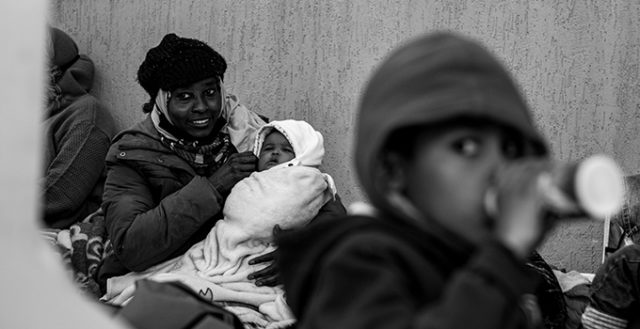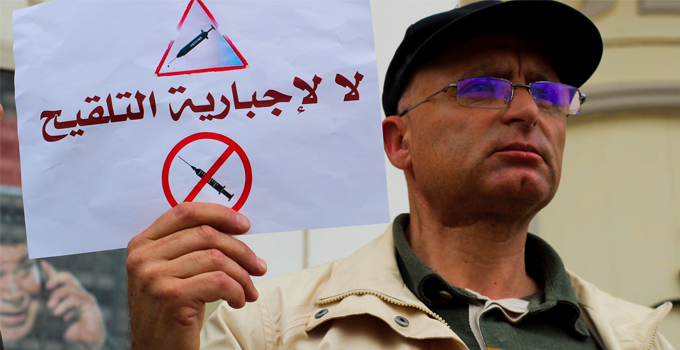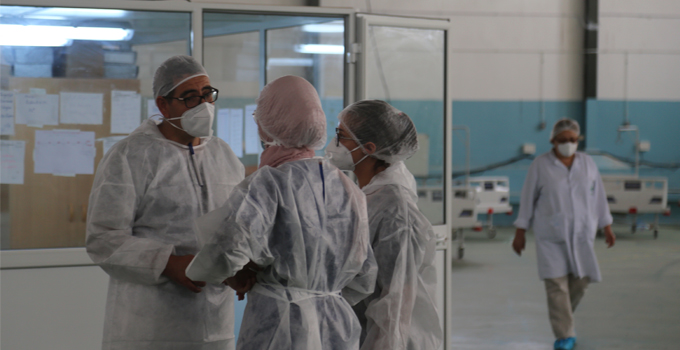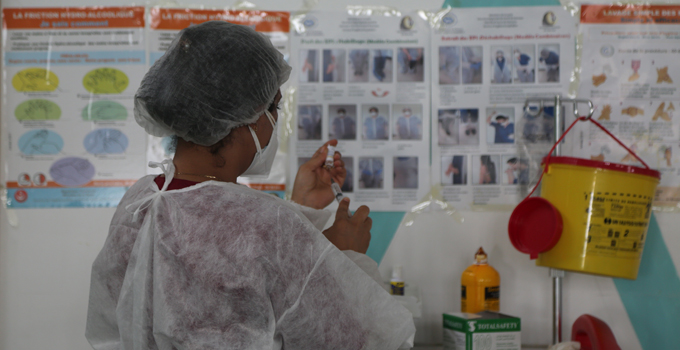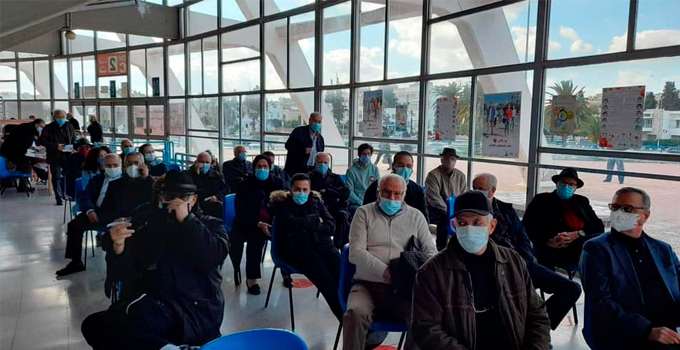Tunisia is home to an ever-growing migrant population. And yet many migrants remain in an irregular situation. In the absence of a complete legal framework for refugees and asylum seekers, access to health services for this heterogeneous community is not only inadequate, but in some cases even non-existent. For certain migrants, their inability to seek proper treatment is a disadvantage with potentially fatal consequences.
